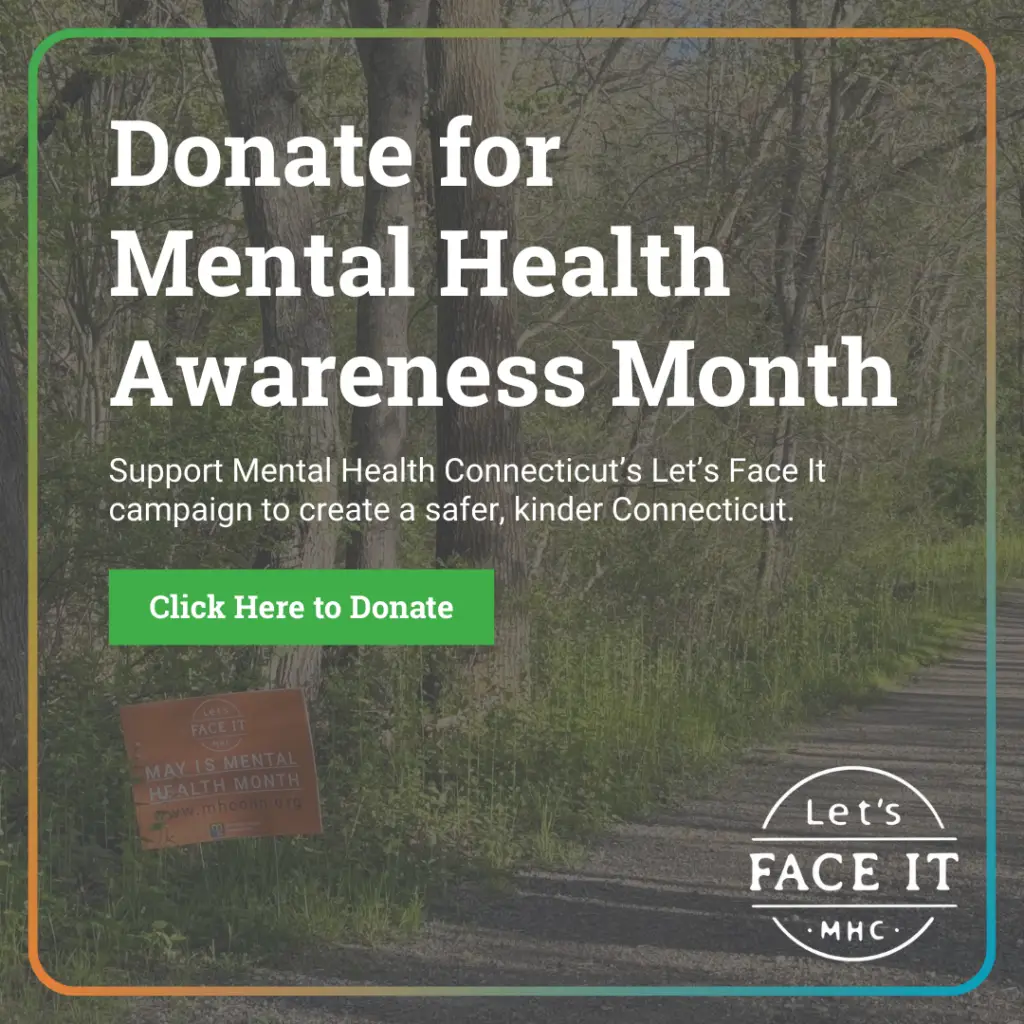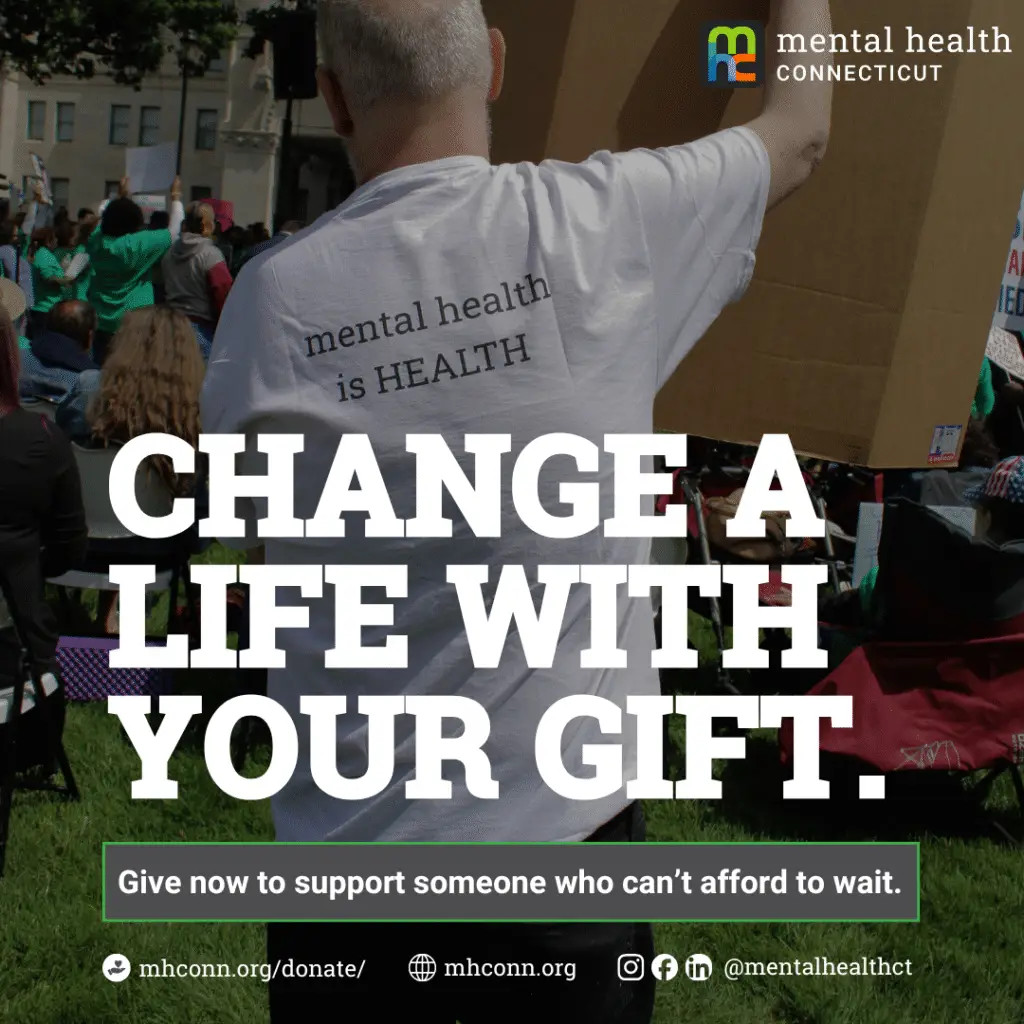Across the country, a concerning trend is emerging: mental health services in schools and colleges are being cut at a time when demand has never been higher. Earlier this year, the U.S. Department of Education suddenly withdrew $1 billion in federally funded mental health grants established under the Bipartisan Safer Communities Act to place counselors and psychologists in K–12 schools, leaving many districts struggling to maintain vital services. These grants have enabled the hiring of over 1,200 school-based mental health professionals and supported nearly 775,000 students, with documented reductions in suicide risk by 50% at high-need schools. Simultaneously, demand on college campuses continues to grow: 60% of students now meet criteria for at least one mental health issue, a nearly 50% increase since 2013, and more than 95% of campus counseling center directors report that addressing students’ psychological needs is becoming increasingly challenging.
For many young people, school is their first and sometimes only place where they can access mental health care. One in six youth ages 6–17 experiences a mental health disorder each year, yet only about half receive any kind of treatment. School-based services help bridge that gap by removing barriers such as stigma, transportation issues, and cost.
These supports are not just about emotional well-being; they are directly connected to academic achievement, attendance, and future life outcomes. Students who receive early mental health support are more likely to graduate, avoid drug misuse, and develop healthier coping skills for adulthood. Here in Connecticut, the situation closely reflects the national crisis. The Connecticut Health Survey shows troubling increases in mental health issues over the past twenty years. It reports:
- The percentage of students experiencing prolonged feelings of sadness or hopelessness has increased significantly since 2005.
- In recent years, more than two-thirds of high school students reported their mental health was “not good” during the past month.
- Rates are even higher among girls, Hispanic/Latino students, and LGBTQ+ youth.
Teachers witness the problem directly, and 88% in Connecticut report that student mental health is a serious concern. However, most feel they lack the training and resources to handle these issues effectively. Connecticut schools also face significant staffing shortages in mental health roles, which often leads to students in need waiting weeks or more for assistance.
Connecticut has taken steps to safeguard its school mental health system, including participating in lawsuits to oppose federal funding cuts that jeopardize training programs and staffing. However, relying solely on temporary grants is insufficient. Long-term, state-funded investment is essential to maintain services, regardless of political shifts.
While Mental Health Connecticut (MHC) does not operate directly on school campuses, our programs can serve as valuable resources for educators and counselors seeking to expand support for students. MHC’s Mental Health Concierge offers flexible therapy, case management, and in-home support, resources that schools can recommend to students and families in need.
Creative programs like The Art of Wellbeing, which blend self-expression with coping skills, can also be adapted for after-school clubs or student wellness days. And with MHC’s resource directory and toll-free helpline, schools can quickly connect families to a network of services across Connecticut.
MHC has also announced a new partnership with OurTransLife.org (OTL), an organization dedicated to fostering fellowship, community education, and advocacy for transgender and gender-diverse individuals in the Greater Bridgeport, Waterbury, and Hartford areas. Together, we have launched an art-based program that combines MHC’s Art of Wellbeing series with OTL’s TRANScend Arts Programming. This initiative offers transgender, nonbinary, and gender-diverse adolescents, along with their allies, a safe, affirming space to explore self-expression through art, connect with mental health resources, and build resilience.
By partnering with community organizations like MHC, schools can strengthen safety nets to ensure students can easily access help when needed, without stigma.








